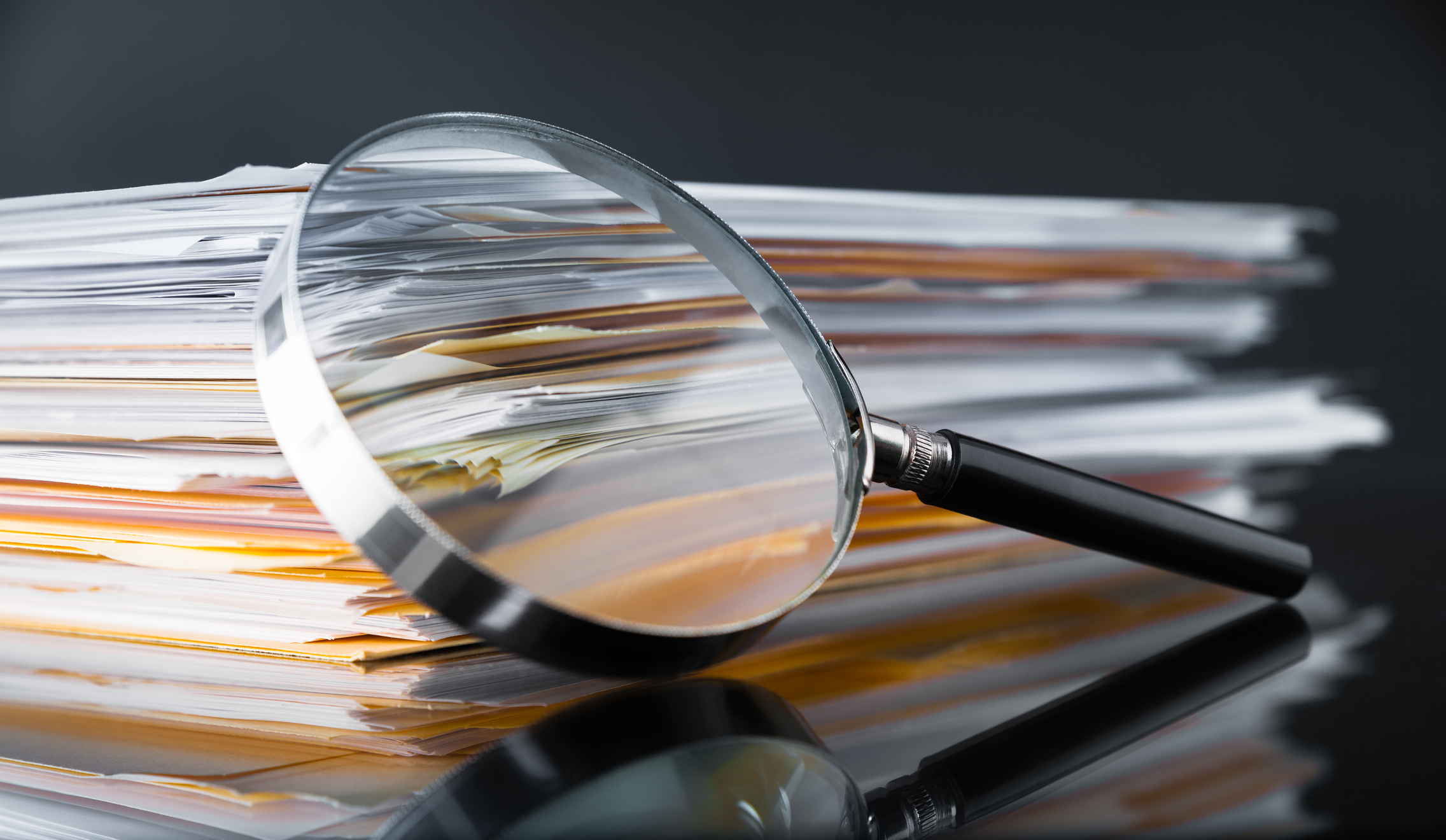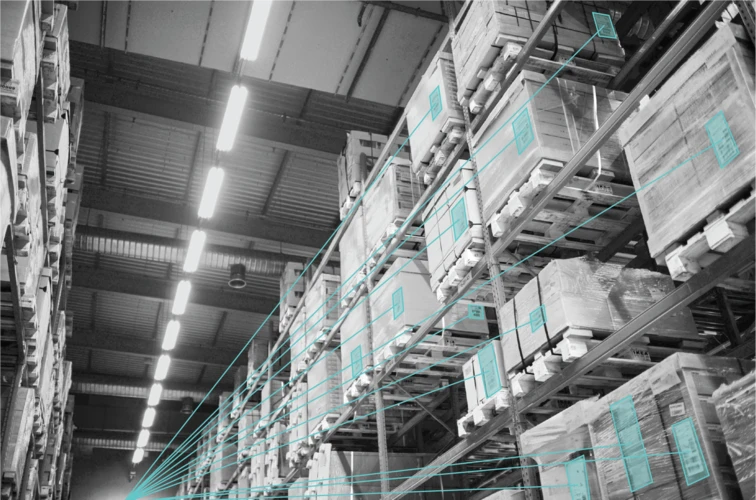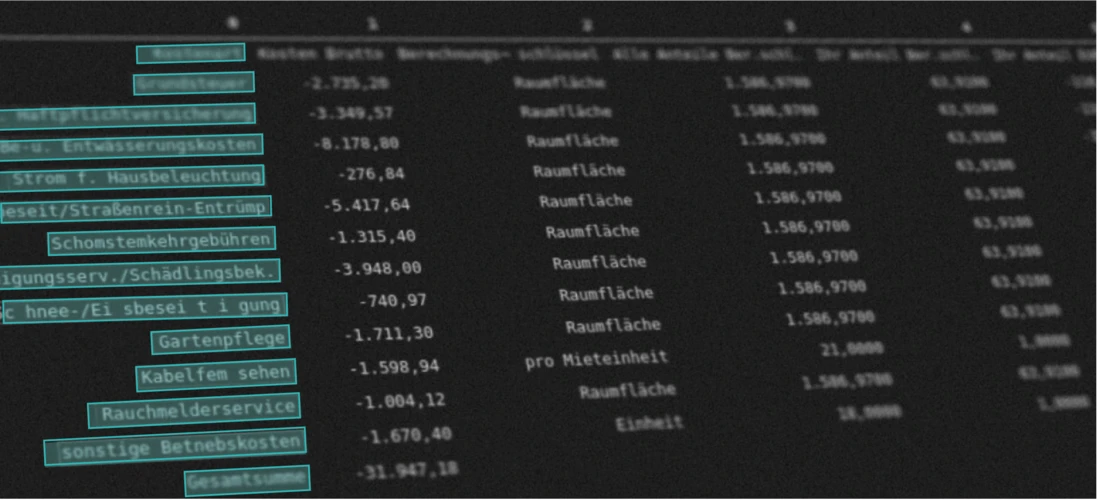
Extracting information from technical drawings
Frank Weilandt (PhD)
We are experts in developing information extraction solutions based on machine learning models, participate in information extraction research and regularly give presentation about the topic.

Frank Weilandt (PhD)

Lovis Schmidt

Fabian Gringel

Frank Weilandt (PhD)
Given a free form vet appointment reason we extract symptoms, diseases and requested services.

Automatically extract numerical attributes from product descriptions in order to enrich the existing database.

Our software protects tenants against excessive service charge bills.

.png)
Axel Besinger and Augusto Stoffel (PhD)
May 23rd, 2025
.png)
Axel Besinger and Augusto Stoffel (PhD)
May 31st, 2024
.png)
Angela Maennel
January 19th, 2023
.png)
Jona Welsch
April 28th, 2023
.png)
Augusto Stoffel (PhD)
July 30th, 2021
.png)
Ewelina Fiebig and Fabian Gringel
May 26th, 2021
.png)
Ewelina Fiebig and Fabian Gringel
May 26th, 2021